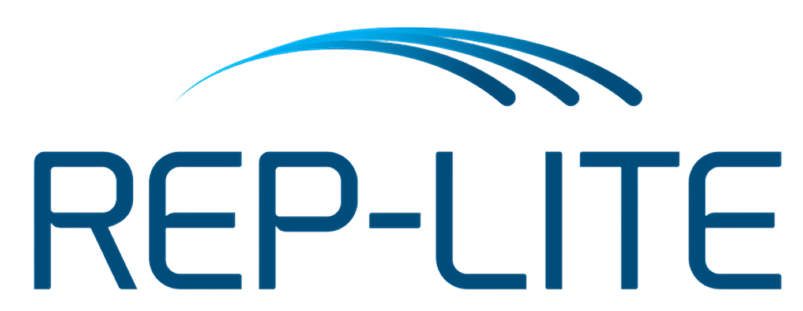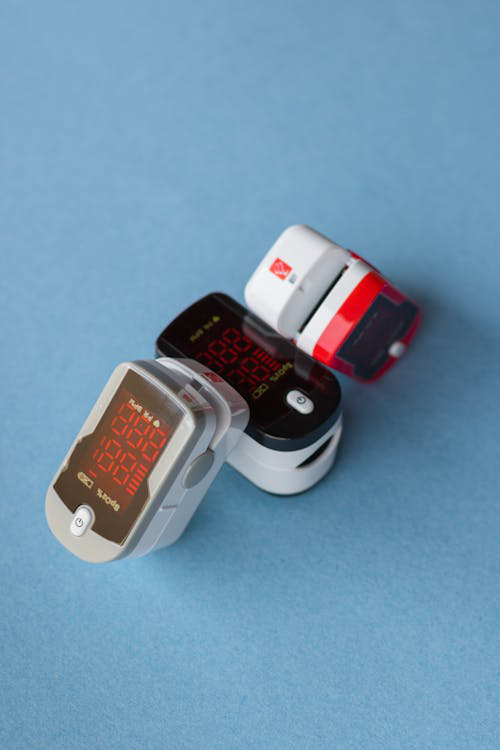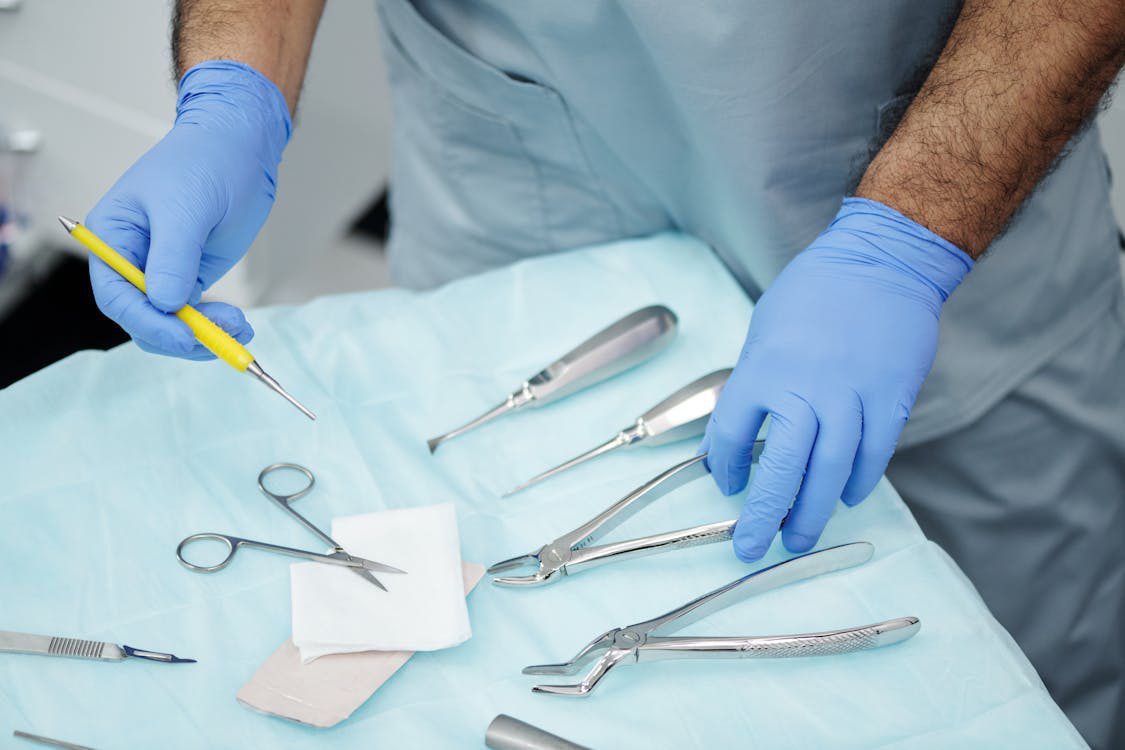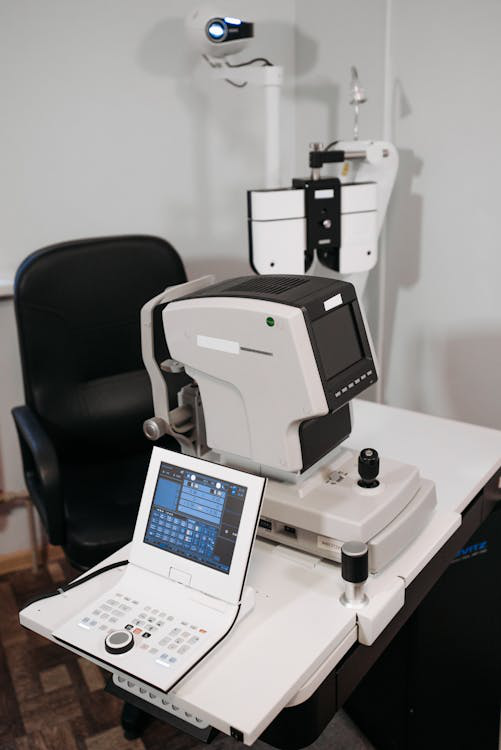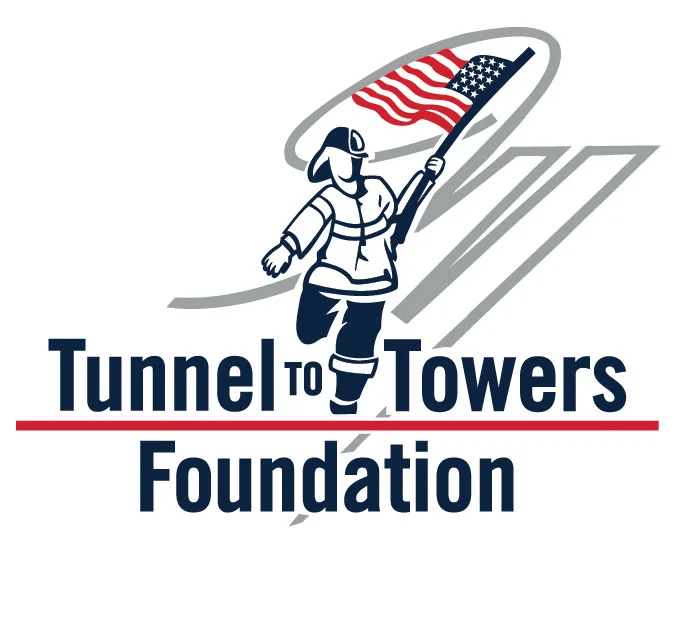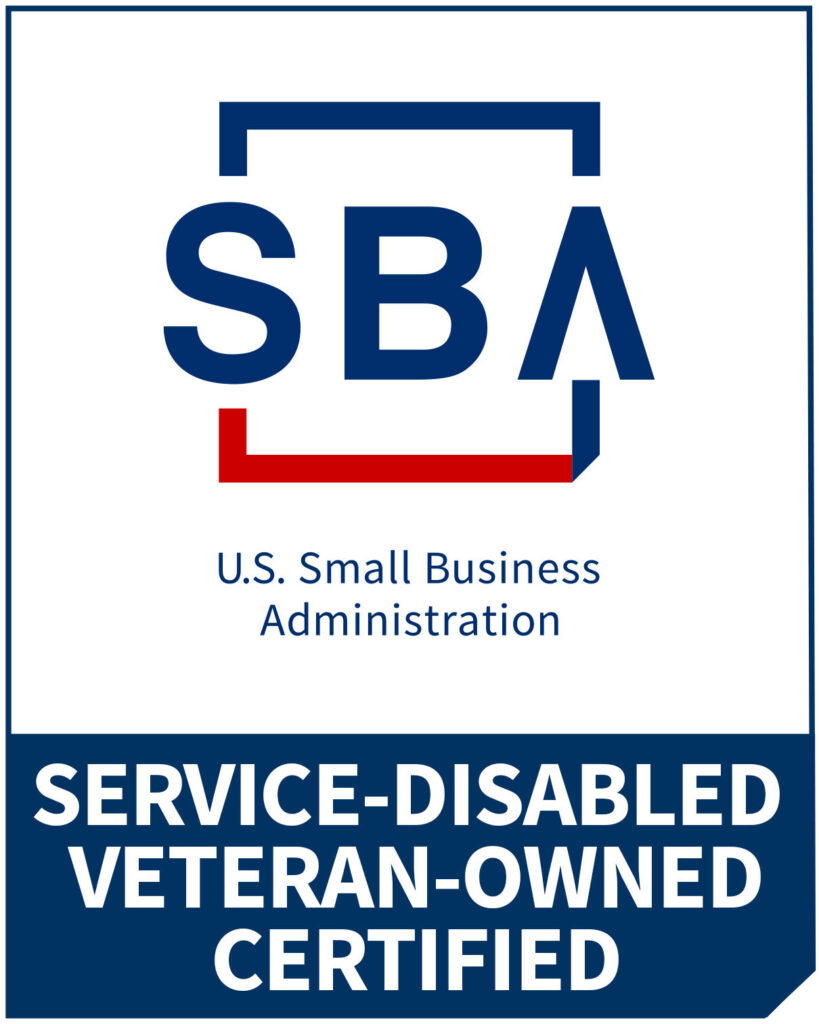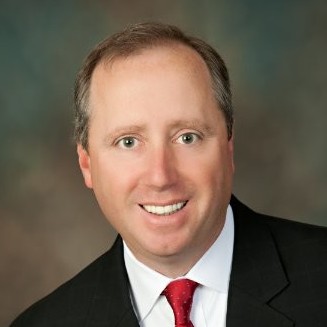Resume and Job Search Tips from Robynn Storey, CEO of Storeyline Resumes, Helps You Score the Job!

Starting your job search can be daunting, and opening a template to begin your resume can be downright scary. Fortunately, Rick Barnett, our president at Rep-Lite, recently had a chance to sit down with Robynn Storey, CEO of Storeyline Resumes (a company that has helped more than half a million customers in its 21 years and currently sees more than 100 resumes a week).
From her words, we have gleaned some excellent advice to help land the job!
The One Thing You Should Consider Most Important on Your Resume
Talk about your outcomes. Outcomes are the measure you use to evaluate your success, whether that’s efficiency, revenue, or something else. Every single job you list on your resume should include a measurable outcome, whether it’s the fact that you increased student participation in floor activities by 50% as an RA or that you brought in an extra million above expected revenue goals your first year in a position.
The One Thing You Should Avoid on Your Resume
Often it happens that resumes will focus on soft skills like communication or organization. While important, these skills are implied via the outcomes mentioned above. For example, maybe on your first day selling pogo sticks, it was typical to bounce five out the door per salesperson per day; however, you brought many new ideas and new energy to your position and shared them with those around you. By the time you left, up to ten pogo sticks were jumping away by the end of the sales day. On your resume, you could talk about the soft skills here, such as communication with staff and clients, or you can share the story that you doubled the sales team’s output. A hiring manager is going to be much more engaged by the latter.
Long story short: Tell your outcomes and let them ask about the soft skills you applied in the interview.
Navigating Applicant Tracking Systems Applicant Tracking Systems (ATSs) first started as a tech tool only used by the largest, most profitable corporations to help them cut down on paperwork and person-hours required to go through enormous stacks of resumes. These days, this time-saving software exists in multiple iterations and is used by all sizes of companies. By inputting a job description into their ATS, companies can pull resumes deemed relevant by the software. There can be trouble on both ends of using ATSs, but the relevant issue when on the job hunt is how to get your resume through the software and into a human’s hands. There are a few ways to accomplish this:
- Keywords: Read the job description for every position you apply for carefully, pick out keywords that indicate what the company is looking for (skills, experience, etc.), and use them when crafting your resume. It will help the software to see you as a viable candidate.
- Post Your Resume: If you know what kind of jobs you’re interested in, take a look at multiple position listings and create a resume based on the most frequent keywords, then post it online. LinkedIn is a great place to start.
- Use Your Network: Check your network and see if anyone in it is working at the places you’re interested in, then reach out to see if they can put you in contact with someone involved in the hiring process. Having someone who interacts with the ATS directly looking for your resume can be a huge boost.
Keep Your LinkedIn Profile and Resume Cohesive but Separate
Your LinkedIn profile and your resume should be in sync concerning your work experience, education, timelines, and other specific facts key to your job history and career. However, your LinkedIn profile should not be a cut-and-paste of your resume.
LinkedIn is a very public place, and anything you put on your profile needs to be respectful of that. For example, if you solved some serious internal problems at a previous job, your previous employer won’t appreciate you posting details where they can be read by all; however, it would be a great story to include on your resume as an outcome because you know it will only be seen by the limited audience of a hiring team.
On the other hand, LinkedIn is a great, casual space for information about you that doesn’t have a place in a more formal resume. Are you really into animal charities, kayaking, or knitting tea cozies? Those could be personable updates on LinkedIn that when a hiring manager checks your profile (and they absolutely will) draw them into the personality and passions that make you a unique and valuable asset.
A final note for those with a lot of experience to bring to the table—that’s awesome!
However, things that you did a while ago may no longer be relevant in the rapidly changing job market we currently live in. That being the case, try to stick to the most recent 15 or 20 years’ worth of your career experience, expertise, and outcomes in both your LinkedIn profile and your resume.
Advice Specifically for Young Professionals
While Storeyline Resumes tends to focus their considerable experience on helping those with considerable experience craft resumes, Rep-Lite is more invested in helping young professionals get started in their fields. With that in mind, Robynn shared her advice for those of you just beginning your careers.
Network.
Yes, you’ve probably heard that a million times in career prep classes or career-oriented spaces, but that’s because it’s true. If there’s one silver bullet for your job search, this is it. Robynn particularly suggests taking advantage of LinkedIn. Start by searching for classmates you can add, then take it a step further and add their parents. Be sure to include a note explaining that you know their child and want to build your network. These parents are likely further in their careers and will have connections that your younger network won’t.
If you have a specific company in mind, search to see if it currently employs any alumni from your alma mater. People are often quite fond of their college or university and are willing to put in a good word for fellow students. Beyond that, they may well be in the same field you’re interested in and thus can vouch for how good the program you went through is.
Having someone with experience to speak up for you when you have none of your own can be incredibly helpful. It can be intimidating to ask, but do it anyway. Reach out for help or a favor getting your resume passed on or even just looked over; it’ll pay off, we promise!
Final Thoughts
Writing a resume and job searching are taxing, especially at the start of your career. Using Robynn’s tips, though, you’re likely to find yourself heading toward the front of the line.
Above all else, don’t give up, and don’t be discouraged if you feel like you don’t know how to do anything that would help you get the jobs you want. Your personality, drive, and grit can carry you far. As Robynn’s first boss told her, “I can teach you anything about this business, but I can’t teach you personality.” Be you, reach far, and be willing to learn.
Also, check out Robynn’s LinkedIn profile. She often posts amazing tips for resumes and job searching. As you can see from this, she knows her stuff.
Finally, look here, at Rep-Lite, where we excel at helping young professionals start medically focused sales careers. We understand the process of beginning, not having your resume quite right, and just generally being uncertain—and we can help you!
